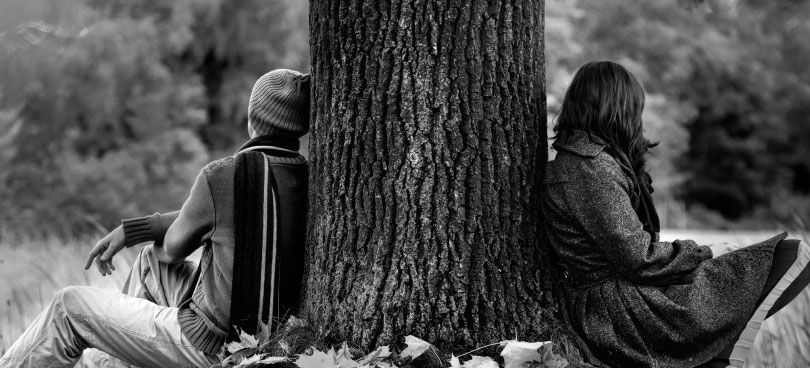How Does Grief Help You Heal?
When the Twin Towers were attacked on September 11, 2001, the country as a whole was beyond shocked. Too many lost lives in a horrendous act of terrorism. Too many families forced to “move on” when their husbands, wives, children, friends, co-workers were gone . . . in what felt like a horrible instant. Those who did not experience loss of a loved one still felt the sting of the senseless act. As a country, we cried together. We mourned together. We grieved together.
And in the midst of such tragedy, something absolutely beautiful happened.
We healed together.
There are scars left from that day, a day we will never forget. It’s permanently etched into marble so that we can’t forget—not just forget the lives lost, but also that the pain and pure heartache, the horrific scenes and anguish of that day, brought forth strength beyond measure. In the pain, we saw the American heart. Individuals joined together in order to literally, and figuratively, lift each other up from the dust. We were there for our neighbors. We offered our shoulders to cry on and allowed our own tears to flow as we mourned with others. And in doing so, our hearts began to heal . . . together. Those scars left stronger tissue to bind our wounds.
Soon after the attacks, Queen Elizabeth said in a service of remembrance, “Grief is the price we pay for love.” Indeed, it is. Queen Elizabeth was referring to what Dr. Colin Parkes has said about grief:
The pain of grief is just as much part of life as the joy of love; it is perhaps the price we pay for love, the cost of commitment. To ignore this fact, or to pretend that it is not so, is to put on emotional blinders which leave us unprepared for the losses that will inevitably occur in our own lives and unprepared to help others cope with losses in theirs.
This speaks to me. During our adoption journey, we have had three failed placements. Though those babies were never ours to begin with, my mind began to prepare and my heart began to love. I was able to keep my mind inactive for a bit, but as much as I tried, I couldn’t keep my heart from loving these babies and their mothers. So when plans changed and they didn’t come home with us, my heart broke. I tried to brush it off simply as a part of adoption, but I hurt, and I didn’t want others to know how deeply it hurt, because in a real way, I felt it wasn’t my hurt to have.
One day, a friend of mine compared her miscarriage with our failed placements. I never wanted to make that comparison, comparing two different painful losses . . . and yet when she did it, it’s as if I was given permission to openly feel that pain. I cried. I mourned. I grieved.
And in the midst of that pain and loss, something beautiful happened.
I healed.
There are still scars left from those experiences, but they are softer than they were before. The pain I felt was a cost I willingly paid. I continue to be willing to pay that price. The fact is, that pain has made my heart more whole in an unexpected way. It has made our “successful” placements all the more sweet. As Dr. Parkes alludes, I really have felt the joy of helping others cope through their own adoption traumas because I’ve been there too. I don’t claim to know what they feel exactly, but I can more empathically listen and be there. Allowing my heart to grieve has helped me not only heal, but in a way, I’ve become an agent in helping others heal. My grief has a purpose.
But why does grieving help heal? I’m not exactly sure. The only thing I can think of is that my feelings were validated. It healed me knowing that my feelings were real, and they were OK to have. When I recognized that and owned that part of our experience, finally it seemed I was able to purge that inner pain that had permeated every part of me. I remember our second failed placement was particularly difficult because we had really bonded with that birth mother. We weren’t just losing the potential child, but the potential relationship with her when she decided to parent. And I hurt. My heart, head, and stomach ached until I somehow released it all through salty tears and, yes, I even threw up.
Taking the first step, and just allowing ourselves to grieve, is sometimes the hardest part. As adoptive parents, sometimes we feel we aren’t allowed to grieve something or someone that wasn’t ours to begin with. Have you felt that way? How has grieving, even if in private, helped you heal?








